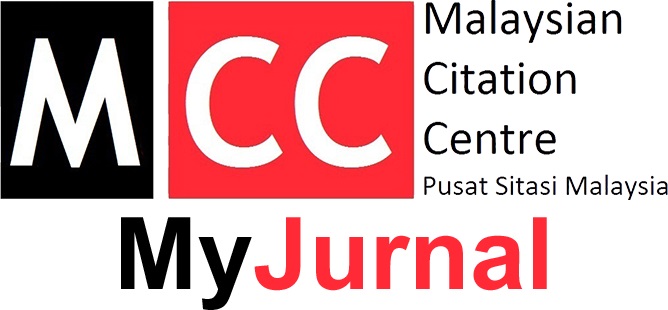POLITICAL SAGACITY IN THE FICTIONAL WORLD OF YEJIDE KILANKO’S DAUGHTERS WHO WALK THIS PATH
Keywords:
Nigeria, people, political, power, violenceAbstract
A literary discourse can recognize history and culture using the canvas of fictive world. For a writer,
fiction becomes an ideological screen on which the preceding and contemporaneous issues can be
conveniently represented. Contemporary Nigeria is struggling with colonial legacy, identity politics,
cultural conflicts and power struggle. This research attempts to examine political thought in Kilanko’s
fictional world through an episode of past elections in Nigeria where violence has become a part of
political culture since independence. Kilanko depicts corruption, violence, deception, nepotism, on the part
of politicians who are enjoying absolute power supported by equally corrupt bureaucratic structure. It
gives Kilanko an opportunity to write on the behalf of the suffering nationals who are confronting
repressive leadership. By revealing the picture of dystopian Nigerian society, the writer has offered critical
assessment of the existing political situation to redirect the actions, beliefs and values observed by her
fellow citizens. She has documented historical realities and mysteries which otherwise remain hidden from
the descendants.
References
Amase, E. P., Kaan, A. and Nwabudike, C. (2013). “African literature and English language: A political literary
discourse,” International Journal of Humanities and Social Science Invention, 2.3, 63-68.
Bello, M. et al. (2011). “Corruption and development in nigeria: issues, challenges and prospects (1999 -2007),”
International Journal of Social Sciences and Humanities Review, 2.2, 171-181.
Egbefo, O. D. (2015). “Fifteen Years of Democracy, 1999-2014: Reflections on Nigeria’s Quest for National
Integration,” African Research Review, 9.2, 59-77.
Gray, C. W. and Kaufmann, D. (1998). “Corruption and development,” Finance and Development, 35.1, 7.
Jane, W. ed. (1990). Talking with African Writers: Interviews, James Curry, London.
Kilanko, Y. (2012). Daughters Who Walk This Path, Penguin, London.
Kumar, G. (2002). Indian English Novel: Text and Context, Sarup & Sons, New Dehli.
Mkaneem, E. A. (2007). “The literature of the people: A critical appraisal of selected plays since Nigerian
independence”. In: Anasiudu, B.N., Nwaozuzu, G.I. and Okebalama C. N. (Eds), Language and Literature
in a Developing Country. Africana First Publishers, Onitsha.
Okeshola, F. B. (2014). “Violence and insecurity in nigeria: the bane of national development,” European Scientific
Journal, 7. 26, 148-156.
Saro-Wiwa, K. (1999). A Month and a Day: The Detention Diary, Spectrum, Ibadan.
Downloads
Published
Issue
Section
License
Copyright (c) 2017 Journal of Academia

This work is licensed under a Creative Commons Attribution-NonCommercial-NoDerivatives 4.0 International License.











